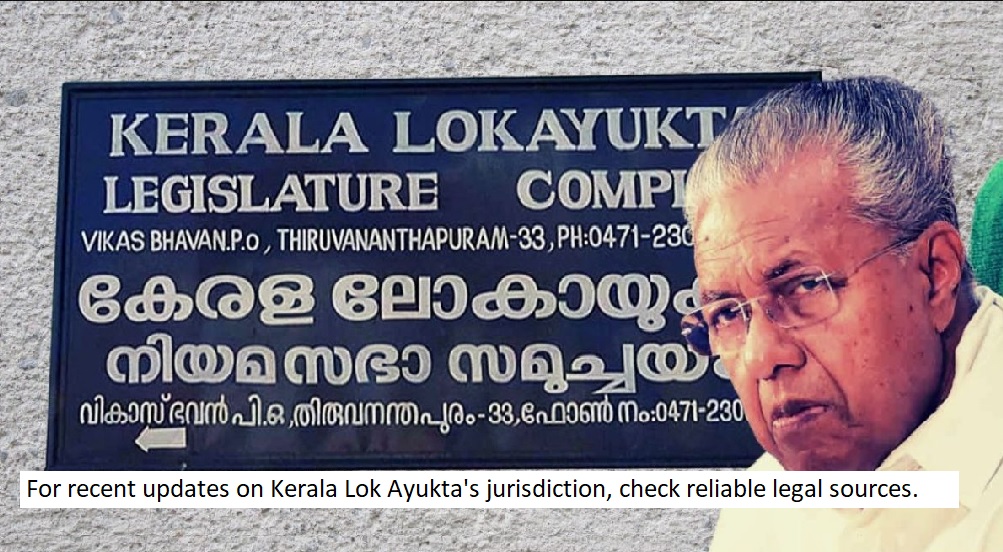


The recent pronouncement by the Supreme Court has clarified the jurisdiction of the Lok Ayukta under the Kerala Lok Ayukta Act of 1999, asserting that the Lok Ayukta is not empowered to issue positive directions. Instead, its role is confined to submitting a report to the relevant authority, accompanied by recommendations.
The Supreme Court bench, comprising Justice Vikram Nath and Justice Rajesh Bindal, drew upon the precedents set by the Kerala High Court in two notable cases: Sudha Devi K. v. District Collector (2017 SCC OnLine Ker 1264) and District Collector v. Registrar, Kerala Lokayukta (AIR 2023 Ker 97). These judgments, the Court emphasized, correctly interpreted the provisions of the Kerala Lokayukta Act, 1999.
According to the Court's interpretation, Section 12(1) of the 1999 Act stipulates that the Lok Ayukta lacks the authority to issue positive directions. Instead, its purview is limited to submitting a report to the concerned authority, accompanied by recommendations. The Lok Ayukta operates within a recommendatory jurisdiction and is not positioned as an appellate or supervisory body over other competent forums established under different statutes. Each statute provides its own remedial measures, such as appeals or revisions.
Section 12 of the 1999 Act outlines that if the Lokayukta or Upa Lokayukta is satisfied that any action or inaction by a party has resulted in injustice or hardship to the complainant, it must submit a written report recommending remedial measures to the competent authority.
The case before the Apex Court arose from a challenge against a Kerala High Court order. An Additional Tahsildar had filed a Writ Petition against an Upa Lokayukta's directive to correct the revenue records of the complainant's property. The High Court had dismissed the Tahsildar's appeal, leading to the matter being brought before the Supreme Court.
The complaint lodged with the Lokayukta pertained to an error in the revenue records of a specific property. The Lokayukta had instructed the Tehsildar to rectify the mistake in the records and collect taxes from the complainant. The Appellant argued in the Supreme Court that the Lokayukta should not function as a supervisory body above other statutory authorities. Its jurisdiction, as outlined, was solely to address maladministration. The contention was that, in this instance, the Lokayukta exceeded its jurisdiction by delving into the merits of the matter and issuing positive directions for the correction of revenue records.
The Supreme Court additionally observed that the complainant had not pursued any appropriate statutory remedy following the rejection of the request for rectification of revenue records. Despite the High Court upholding the Upa Lokayukta's directive for the correction of revenue records, the Supreme Court deemed this to surpass the Lokayukta's jurisdiction.
In conclusion, the recent Supreme Court ruling reinforces the limited scope of the Lok Ayukta's authority under the Kerala Lok Ayukta Act of 1999, emphasizing its recommendatory role and the absence of power to issue positive directions. This legal clarification aims to maintain the distinct roles of various statutory bodies and the specific remedies they provide for addressing grievances.
TAGS: Supreme Court Lok Ayukta Kerala Lok Ayukta Act 1999 Positive directions Jurisdiction